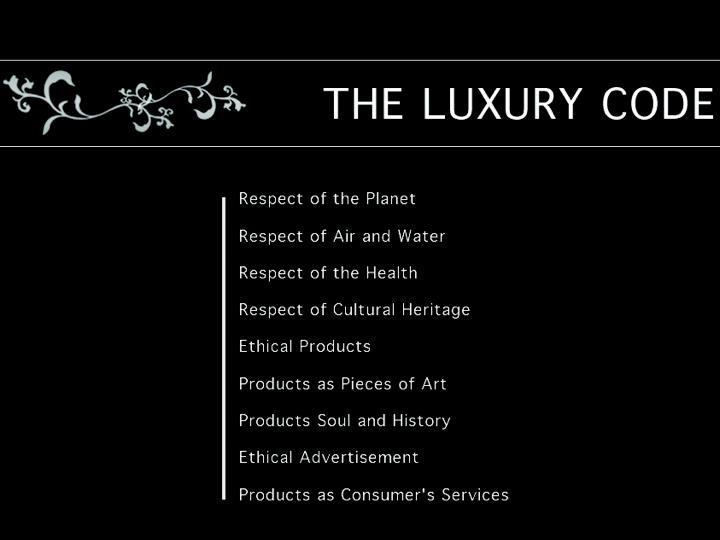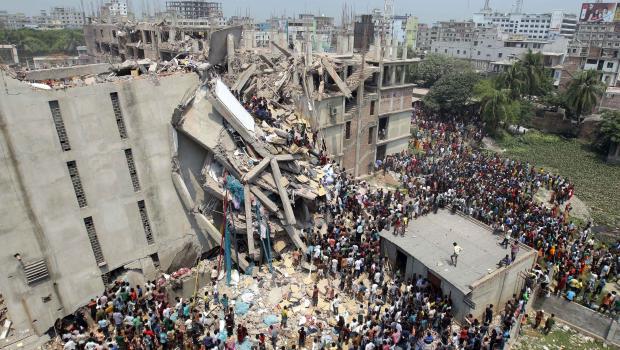As the death toll resulting from yesterday’s collapse of a clothing factory in Bangladesh approaches 250, and at least 1000 people receive treatment in area hospitals, New Luxury founder Creezy Courtoy has repeated her calls for the fashion industry to take a hard look at its ethical positions.
“The fashion industry’s manufacturing practices are one of the reasons for my development of the Luxury Code,” says Courtoy.
“The code includes ‘Respect for Human Health’ and ‘A Commitment to Ethical Products’. Well, the clients of this factory cannot stay at arm’s length from this disaster; they cannot claim that they were unaware of working conditions. No intelligent business person would license a factory to manufacture its products without firms seeing how and where they would be made. Knowing that 2,000 people work in an eight-storey building, knowing that many workers are barely past childhood, and knowing that they are working for subsistence wages—that is not respect for human health.”
“The world is changing. People are waking up and realizing that they don’t need more cheap t-shirts—not if it means causing the suffering of others.”
Courtoy is in the process of launching a massive international conglomerate of media companies and not-for-profit organizations (notably the International Perfume Foundation, which is working to eliminate the use of chemicals in the fragrance industry).
Part of that is the Luxury Code, which has been developed to educate and inspire consumers and industry to make significant positive change. A big part of that change is how the fashion industry thinks about profit.
“Manufacturers of clothing and accessories have to commit to producing and marketing items that they know are made in an ethical fashion,” explains Courtoy. “That may mean a slight increase in pricing—it may mean a slight decrease in profits. But it has to be done. The world is changing. People are waking up and realizing that they don’t need more cheap t-shirts—not if it means causing the suffering of others.”



